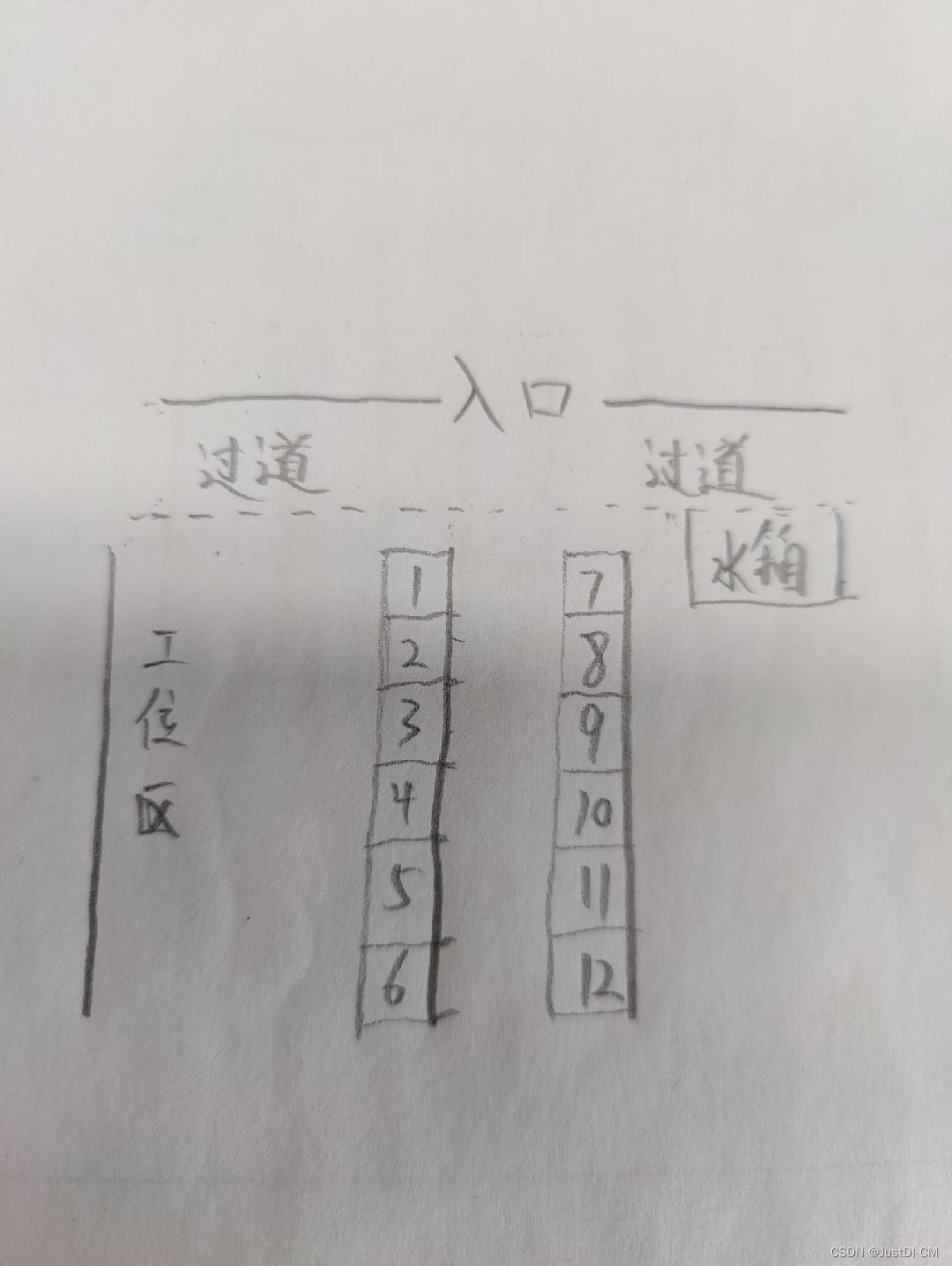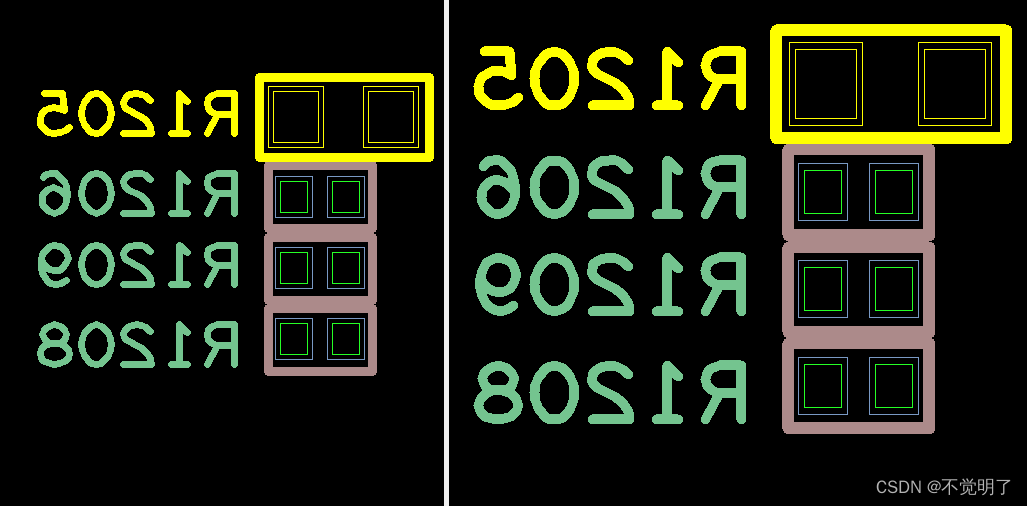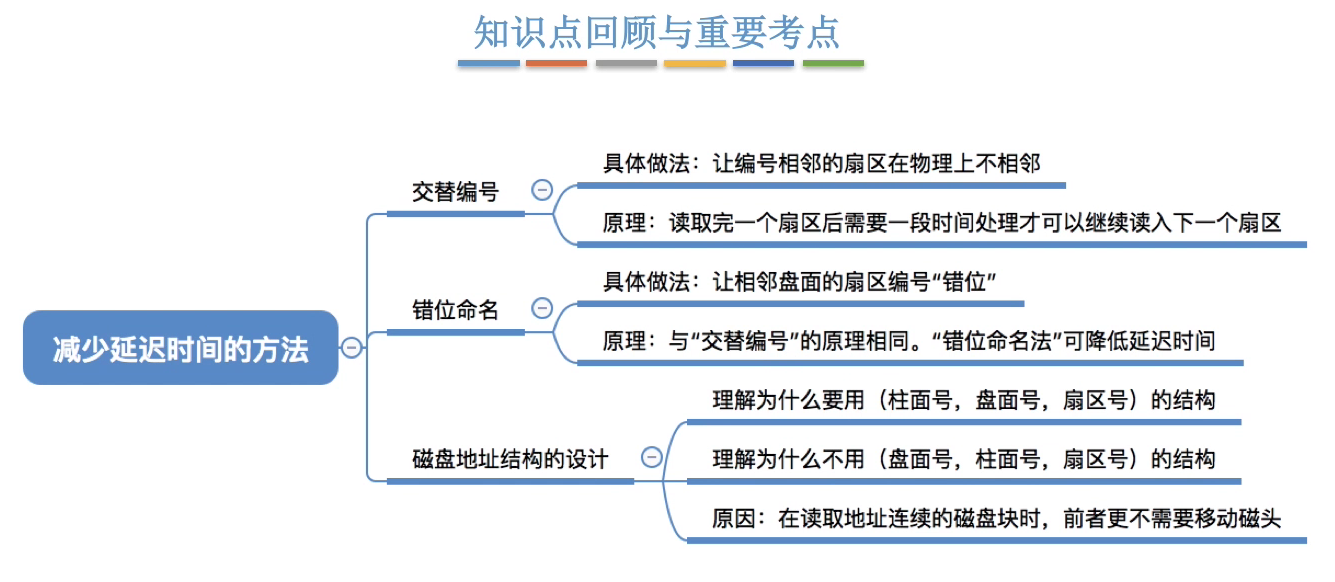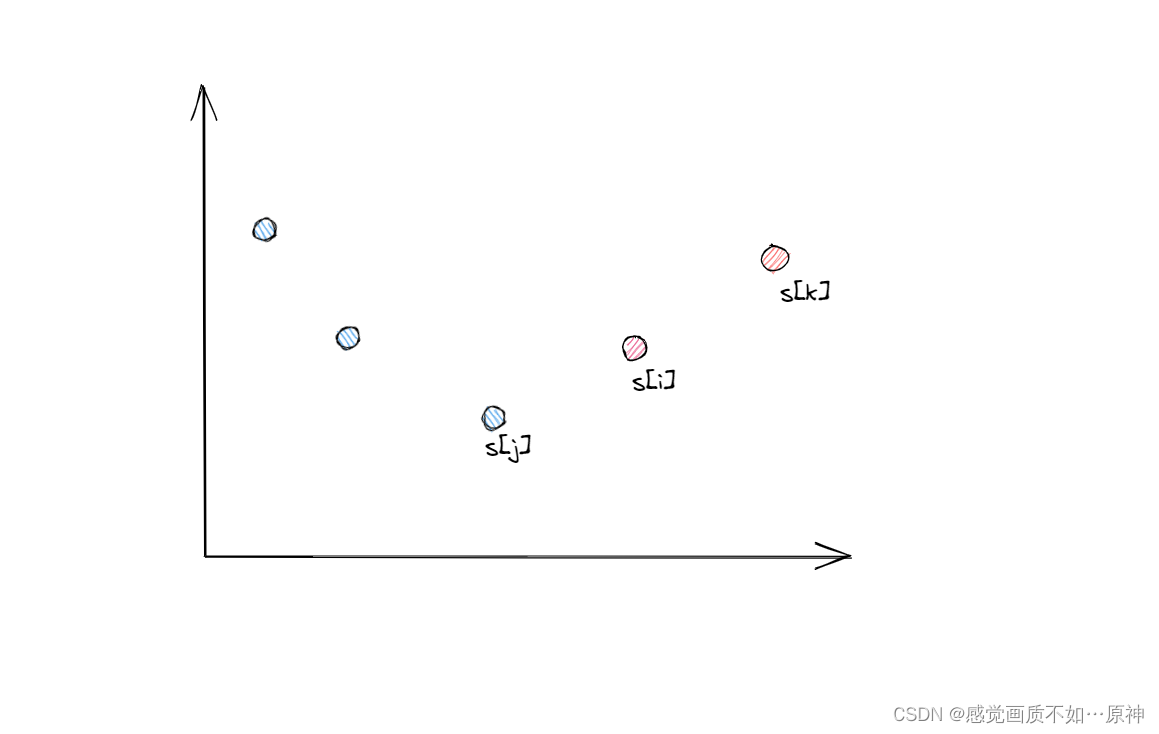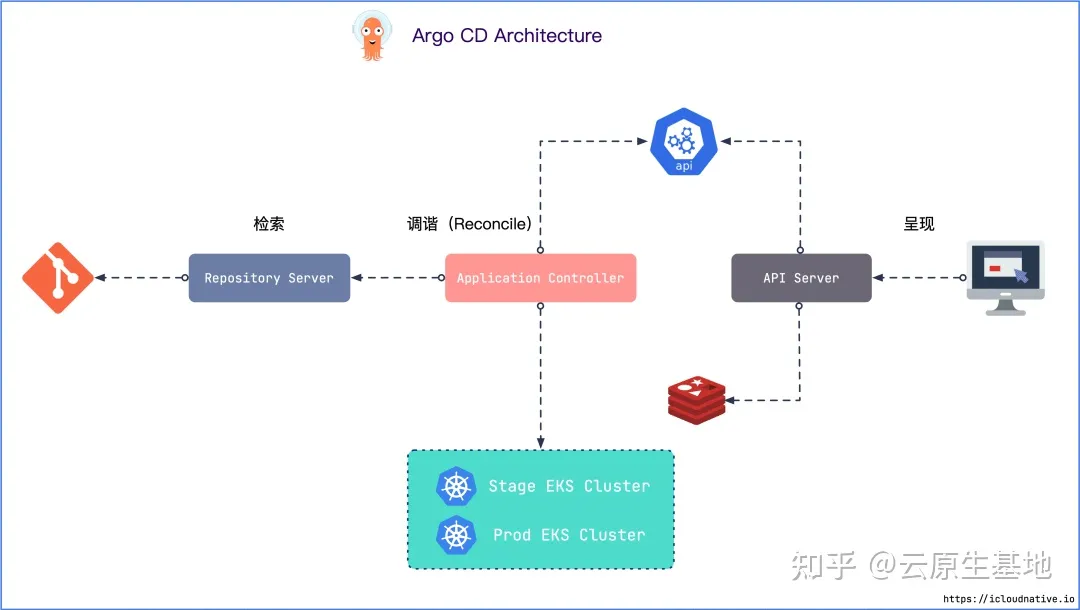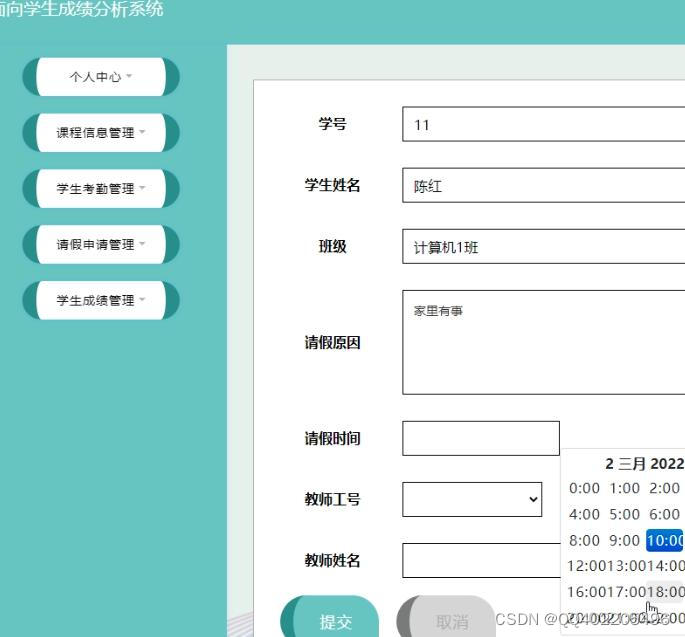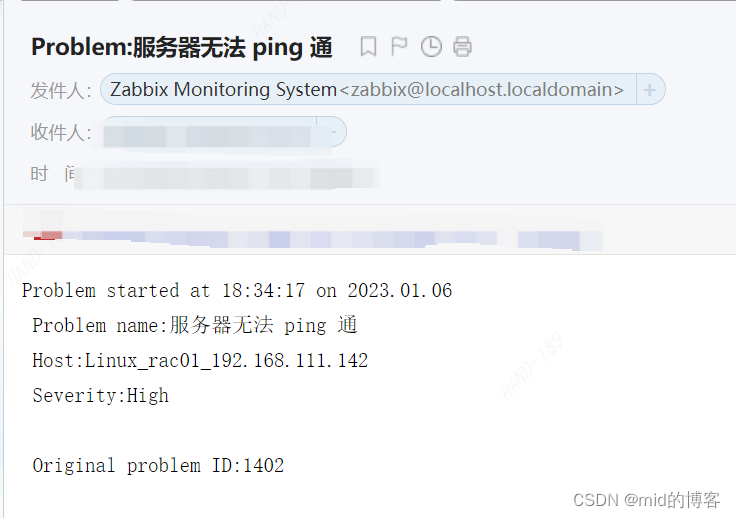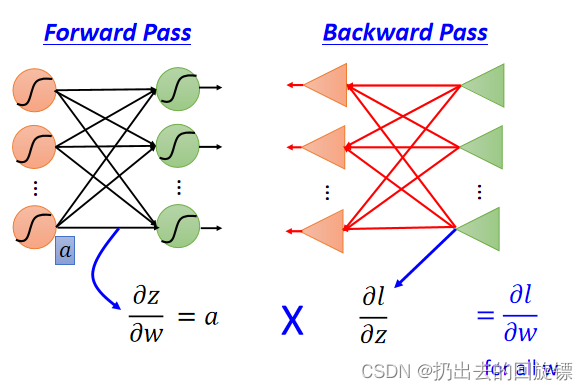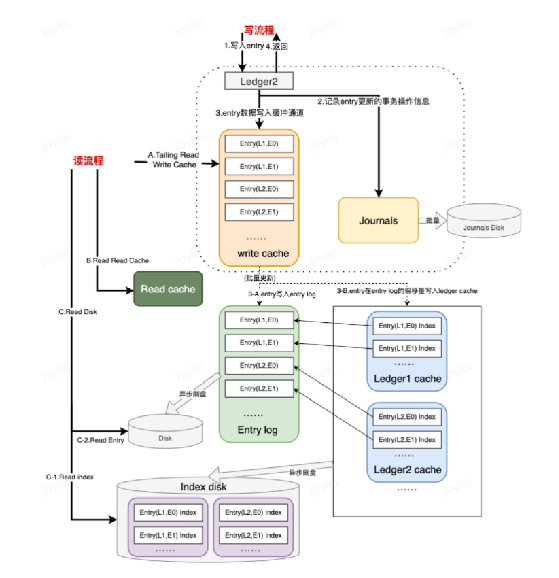1.bind 函数的使用详解
可以将bind函数看作一个通用的函数适配器,它接受一个可调用对象,生成一个新的可调用对象来“适应”原对象的参数列表。
调用bind的一般形式:auto newCallable = bind(callable,arg_list);`
其中,newCallable本身是一个可调用对象,arg_list是一个逗号分隔的参数列表,对应给定的callable的参数。即,当我们调用newCallable时,newCallable会调用callable,并传给它arg_list中的参数。
arg_list中的参数可能包含形如_n的名字,其中n是一个整数,这些参数是“占位符”,表示newCallable的参数,它们占据了传递给newCallable的参数的“位置”。数值n表示生成的可调用对象中参数的位置:_1为newCallable的第一个参数,_2为第二个参数,以此类推。
绑定成员函数
#include<iostream>
#include<functional>
using namespace std;
class Plus
{
public:
int plus(int a,int b)
{
return a+b;
}
};
int main()
{
Plus p;
// 指针形式调用成员函数
function<int(int,int)> func1 = std::bind(&Plus::plus,&p, placeholders::_1, placeholders::_2);
// 对象形式调用成员函数
function<int(int,int)> func2 = std::bind(&Plus::plus,p, placeholders::_1, placeholders::_2);
cout<<func1(1,2)<<endl; //3
cout<<func2(1,2)<<endl; //3
return 0;
}
对应输出:

#include<iostream>
#include<functional>
using namespace std;
class Plus
{
public:
int plus(int a,int b)
{
cout<< __func__ << " " << a << " " << b << endl;
return a+b;
}
static int plusEx(int a, int b) //静态成员函数
{
cout<< __func__ << " " << a << " " << b << endl;
return a + b;
}
};
//bind 可以将既有函数的参数绑定起来,从生成一个函数对象
void function1 (int d)
{
cout << __func__ << " " << d << endl;
}
//如果有多个参数可以只绑定部分
void function2(int d1, int d2)
{
cout<< __func__ << " " << d1 << " " << d2 << endl;
}
void fun(int& d1, int& d2, int& d3)
{
d1 = 1;
d2 = 2;
d3 = 3;
cout << __func__ << " " << d1 << " " << d2 << " "<< d3 <<endl;
}
int main()
{
Plus p;
// 指针形式调用成员函数
function<int(int,int)> func1 = std::bind(&Plus::plus, &p, placeholders::_1, placeholders::_2);
// 对象形式调用成员函数
function<int(int,int)> func2 = std::bind(&Plus::plus, p, placeholders::_1, placeholders::_2);
cout<<func1(1,2)<<endl; //3
cout<<func2(1,2)<<endl; //3
//静态成员函数
function<int (int, int)> func3 = std::bind(&Plus::plusEx, placeholders::_1, placeholders::_2);
cout<<func3(4,5)<<endl; //9
auto f = bind(function1,6); //绑定函数function1 的参数
f();
auto ff = bind(function2, placeholders::_1,9); //绑定函数function1 的参数
ff(10);
int m1 = 4, m2 = 5, m3 = 6;
auto fs = bind (fun, placeholders::_1, m2, ref(m3));
fs(m1);
//1.m1是通过placeholders绑定,是传引用绑定,因此在fun内的赋值会影响到m1
//2.m2是通过参数绑定,是传值绑定,在fun内的赋值不会影响到m2
//3.m3是通过ref的传引用绑定,因此在fun内的赋值会影响到m3
cout << __func__ << " " << m1 << " " << m2 << " " << m3 << endl;
return 0;
}



